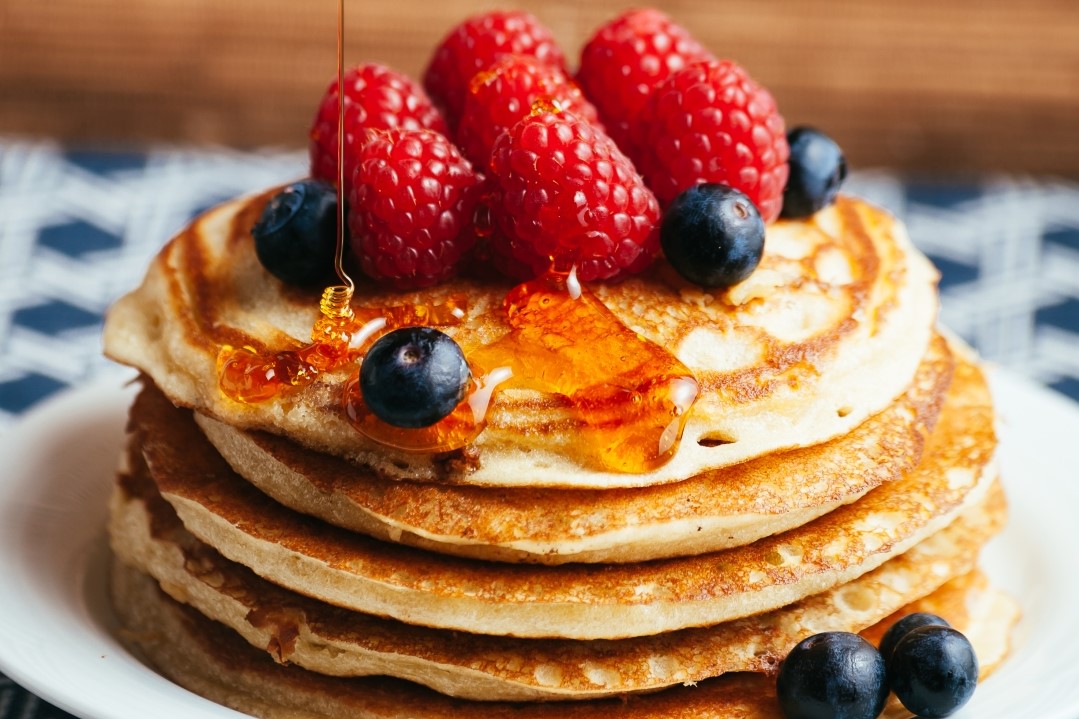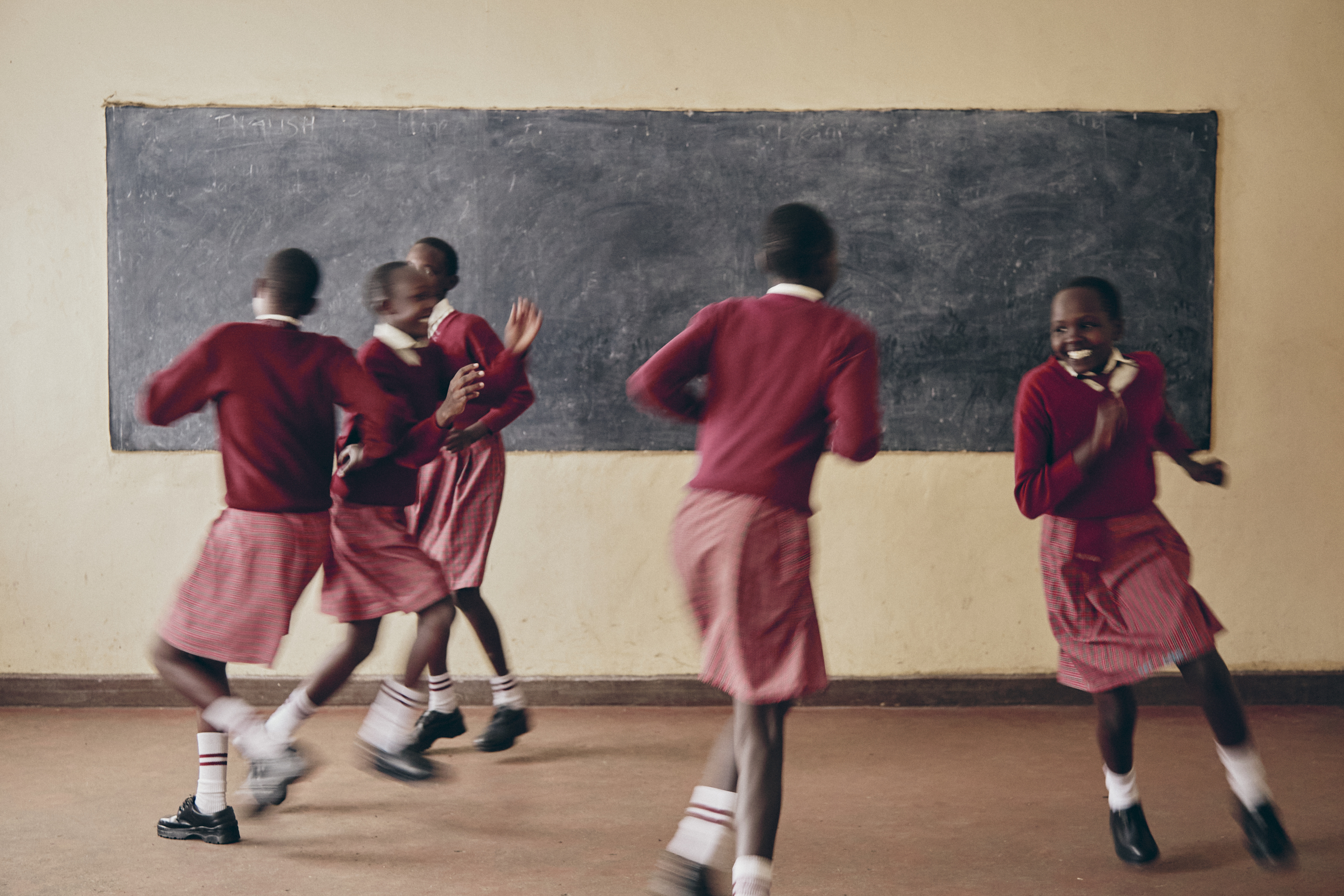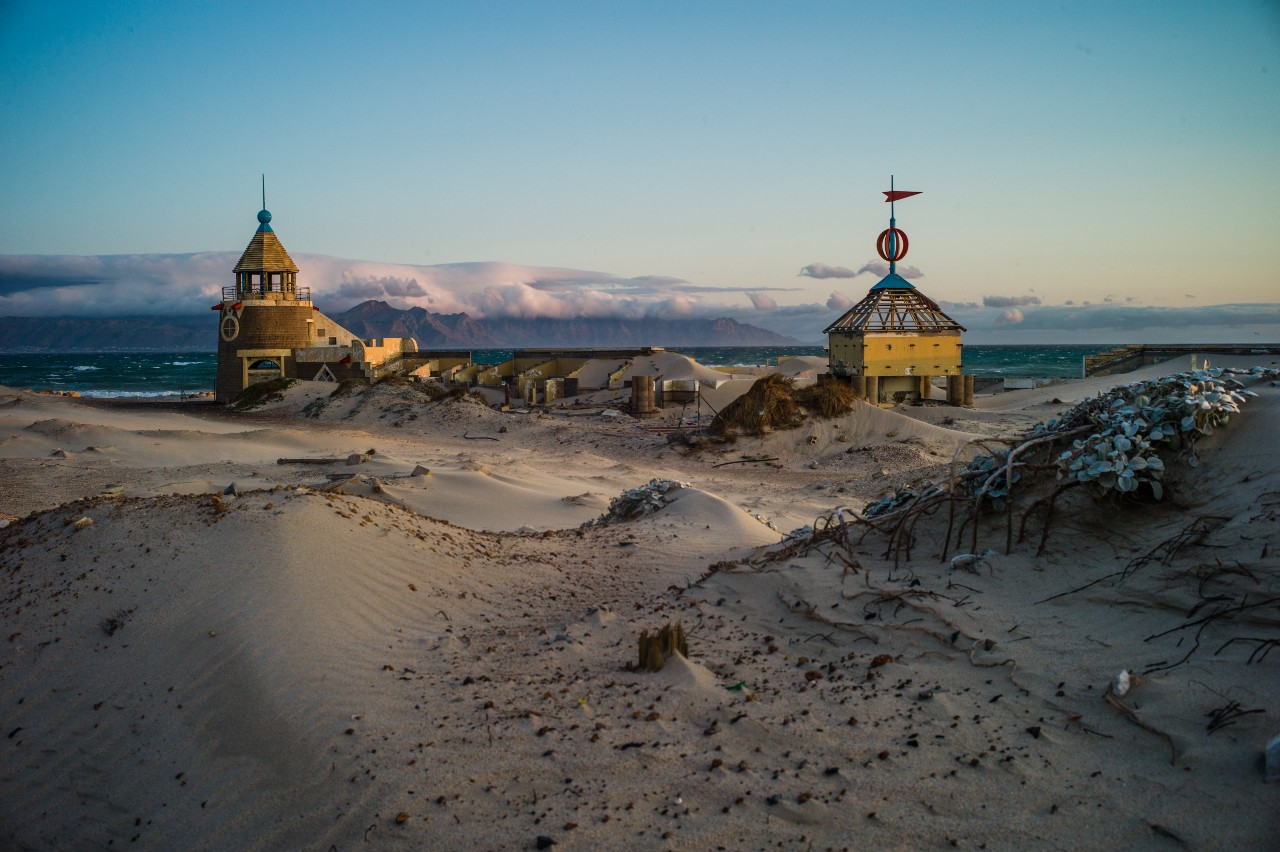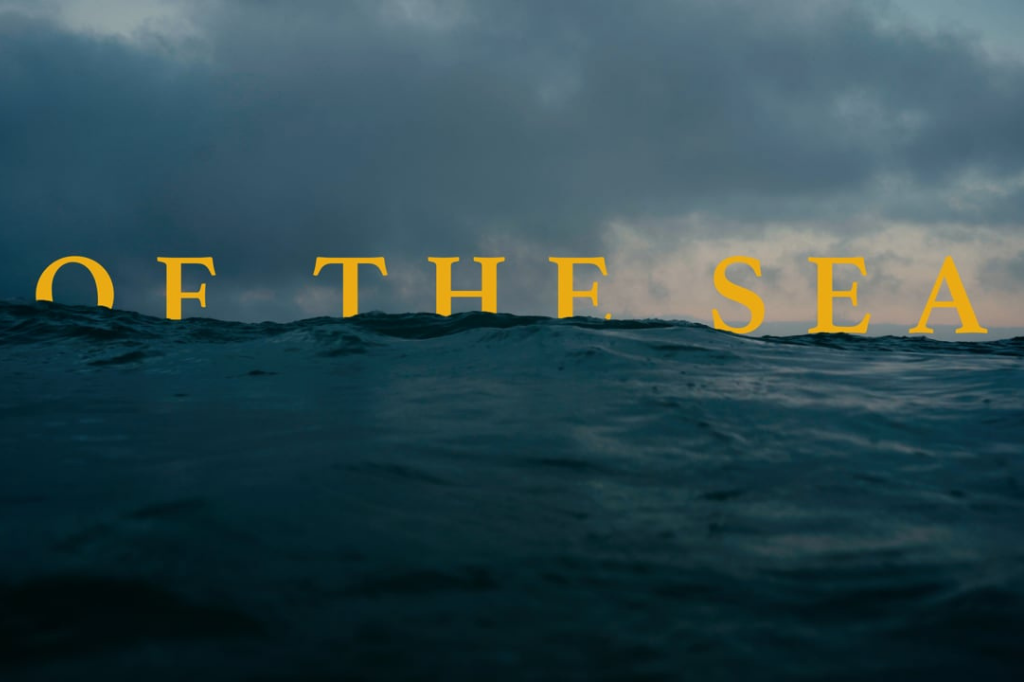Saaleha Bamjee is a multi-hyphenate creative whose work evokes feelings of passion, sincerity, sorrow and joy. Bamjee has endeavoured and succeeded in the worlds of poetry, food, photography, and creative writing.
In 2020, Bamjee won the Ingrid Jonker Prize for debut poetry for her poetry collection, Zikr. The poems deal with Bamjee’s deep sense of longing and loss and how she navigates the traditions and practices of her culture and religion.
When it comes to her photographic work, food takes the forefront. We sat down with the sharp-eyed food photographer to discover how she creates the magic behind her work.

Orms: Which developed first, your love for food, poetry or photography?
Saaleha Bamjee: Food first! I’ve always been interested in the eating and making of good food. And now, more so, in respecting food and learning better ways to produce and consume mindfully. In analogue times I would save recipe clippings from newspapers and magazines (I still have a box full of these). Now I bookmark things I find on the internet.
Poetry found me – first as a way to process the loss of my dad early on and then as a way to parse the world around me. And though I’ve always been interested in visual narratives, food again led me to learn more about photography to better document my cooking endeavours.
Orms: Where did the love for each of your talents stem from?
Saaleha Bamjee: Curiosity. I’m something of an ambivert. Friends would most likely describe me as gregarious and adaptable, but I also value exploring an internal life. This “mining of the self” for meaning is helped along by writing and creating.
Orms: Do your poetry and photography ever interweave in your work, or does one inform the other, or are they completely separate?
Saaleha Bamjee: I often tell my friends I don’t have time to write anymore because photography has become so dominant for me. However, when I do write, I tend to use specific imagery in my work rather than abstractions to evoke an atmosphere or feeling. The closest I’ve come to poetry and photography truly intersecting is when I put together a photo book (through Orms Printroom) of couplets juxtaposed with pictures I made.

Orms: What is your thought process behind setting up a shot or a scene?
Saaleha Bamjee: I begin with the questions, “How do I want the viewer to feel? What do I want the viewer to do?” That intention behind the image will dictate the way I stage the set, guiding the decisions on what to foreground and background, as well as lighting and colour choices.
Orms: How much influence does colour play in your work?
Saaleha Bamjee: Colour is such an important compositional tool. It manipulates mood and foregrounds the aesthetic you’re aiming to create. I like to work with a palette tool like Adobe Color to develop a colour theme as a starting point. Sometimes, I look to the colours already present in the dish, or I’m inspired by an interesting prop or textile.
Orms: What are some of your biggest hurdles in the food photography industry?
Saaleha Bamjee: I work primarily with small, independent food businesses. While it’s not a major hurdle, there is still some reluctance from start-ups to invest in quality photography. It’s not insurmountable, though. You just have to put forward a convincing case and let your work speak for itself.

Orms: What camera equipment do you use?
Saaleha Bamjee: I use a Canon 5D Mk IV for work and a Canon M50 with a 32mm f1.4 for casual documentary. My go-to lenses are the Canon 24-70mm f2.8 and the Canon 100mm f2.8 macro. I also work with continuous lights and strobes to create the light I need.
Orms: What are some of your favourite gear to use?
Saaleha Bamjee: I love the texture old lenses introduce to images, but I’m not skilled enough to use old film cameras. That said, I’m a big fan of lens mount adapters that help make these manual lenses useful to me on digital bodies.
Orms: What editing software do you use?
Saaleha Bamjee: Adobe Lightroom for the basic editing and grading, and Photoshop for more extensive retouching.

Orms: On your website, you mention that you’re a food pornographer; what does that mean?
Saaleha Bamjee: Food photography shares the same sense of voyeurism that pornography peddles. The negative connotations of the word ‘pornography’ aside, it’s my job to make food look desirable. If I’m shooting cake, the end result must be an image that; breaks your doomscroll on Instagram, provokes the appropriate salivary response, and makes you go out and buy the cake or bookmark the recipe.
Orms: What are some pieces of advice that you can give to people wanting to pursue food photography?
Saaleha Bamjee: If you’re not very savvy in the kitchen, make an effort to learn a few techniques. It’s important to understand the food that you’re shooting, so you’ll know how to address an issue should a crisis arise on a set with no food stylist around.

Orms: Please provide some top 5 tips on how to shoot compelling food photography.
Saaleha Bamjee:
Tip One: Find or make the right light. Don’t underestimate natural side-lighting from a window, helped along by reflectors or flags.
Tip Two: Make the hero the hero. Don’t over clutter your scene with superfluous props and layers.
Tip Three (lead-in from Two): Build meaningful layers. Every item in the image must make sense in the story you’re telling. E.g. Don’t fling in a bunch of edible flowers if you’re shooting biryani.
Tip Four: Look for new ways to tell your story. Browse Pinterest or stock sites for inspiration but make the image your own.
Tip Five: Introduce movement into your image if it’s relevant to your story. E.g. A drizzle of icing sugar, a splash in a cocktail glass, the blur of the chef in the background.

Orms: What are some pieces of advice that you can give to people trying to find their photographic genre?
Saaleha Bamjee: It may sound like the most obvious advice to proffer, but you should really just go out and shoot what you love. I was a generalist photographer for a very long time, shooting any job that came my way. But the further I’ve come on this journey, I’ve realised that developing that niche for yourself becomes more and more important to produce quality work. However, don’t discount the value in shooting everything; you will develop a varied skill set that will make you a better problem-solver. To summarise, start wide and zoom in.
You can view more of Bamjee’s photographic work on her Instagram and on her website.









